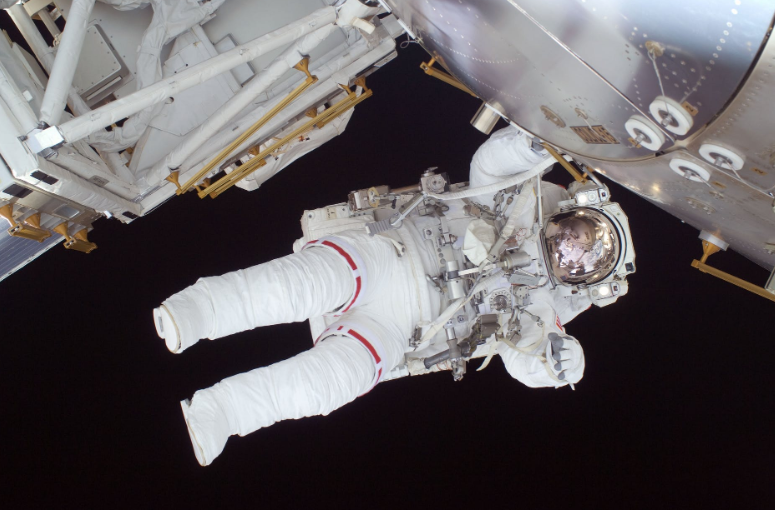There is still a lot that we don't know about the effect of space missions and space flight on the human body; this is what scientists have been trying to study and investigate. Specifically, they want to understand the physiological effects of an extended period in space. And so far, they have uncovered some significant insights.

Read Also: COMFY! NASA's Curiosity Mars Rover is Being Operated by Its Team From the Comfort of Their Homes
Scientists say that extended space missions may cause permanent damage and changes to brain volume
In the study, astronauts that spend most of their time at the International Space Station (ISS) have experienced impaired vision. Previous research on this condition has revealed the cause to be inflammation of the optic nerve, structural alterations to the eyeballs and retinal hemorrhaging. All of these are considered to be common ailments. The study also suggests that these effects linger even after returning to Earth.
The leading theory on this is what is known as Visual Impairment Intracranial Pressure. The fluids inside a human's body behave very differently when they are in space. On Earth, gravity pulls all this fluid downwards.
In the ISS, these fluids go upward, instead. Scientists believe this can cause more intracranial pressure on astronauts and can change their vision completely.
Read Also: Exoplanet TOI-849b Not A Planet But An Inner Core of A Giant Gas Planet, After All, Scientists Say
Astronauts are being scanned before and after they travel to the ISS
Larry A. Kramer, a doctor from the University of Texas Health Science Center and lead author of the study, told New Atlas that "When you're in microgravity, fluid such as your venous blood no longer pools toward your lower extremities but redistributes headward. That movement of fluid toward your head may be one of the mechanisms causing changes we are observing in the eye and intracranial compartment."
The research has been trying to identify these fundamental mechanisms to better understand how they might be tied with changes to the brain's white matter. The team has also conducted MRIs on 11 astronauts before they traveled to the ISS, and then again after they returned. Scans will then be performed at various intervals the following year.
Kramer also said, "What we identified that no one has really identified before is that there is a significant increase of volume in the brain's white matter from preflight to postflight. White matter expansion, in fact, is responsible for the largest increase in combined brain and cerebrospinal fluid volumes postflight."
He added that if he and his team can better understand the mechanisms that cause these ventricles to grow in astronauts and even develop suitable countermeasures, then perhaps these findings could also be beneficial to patients with normal pressure hydrocephalus and other related conditions.
Read Also: Heads Up! Here's How to See the Moon, Mars, Saturn, and Jupiter for the Last Time Together This Week
ⓒ 2026 TECHTIMES.com All rights reserved. Do not reproduce without permission.




